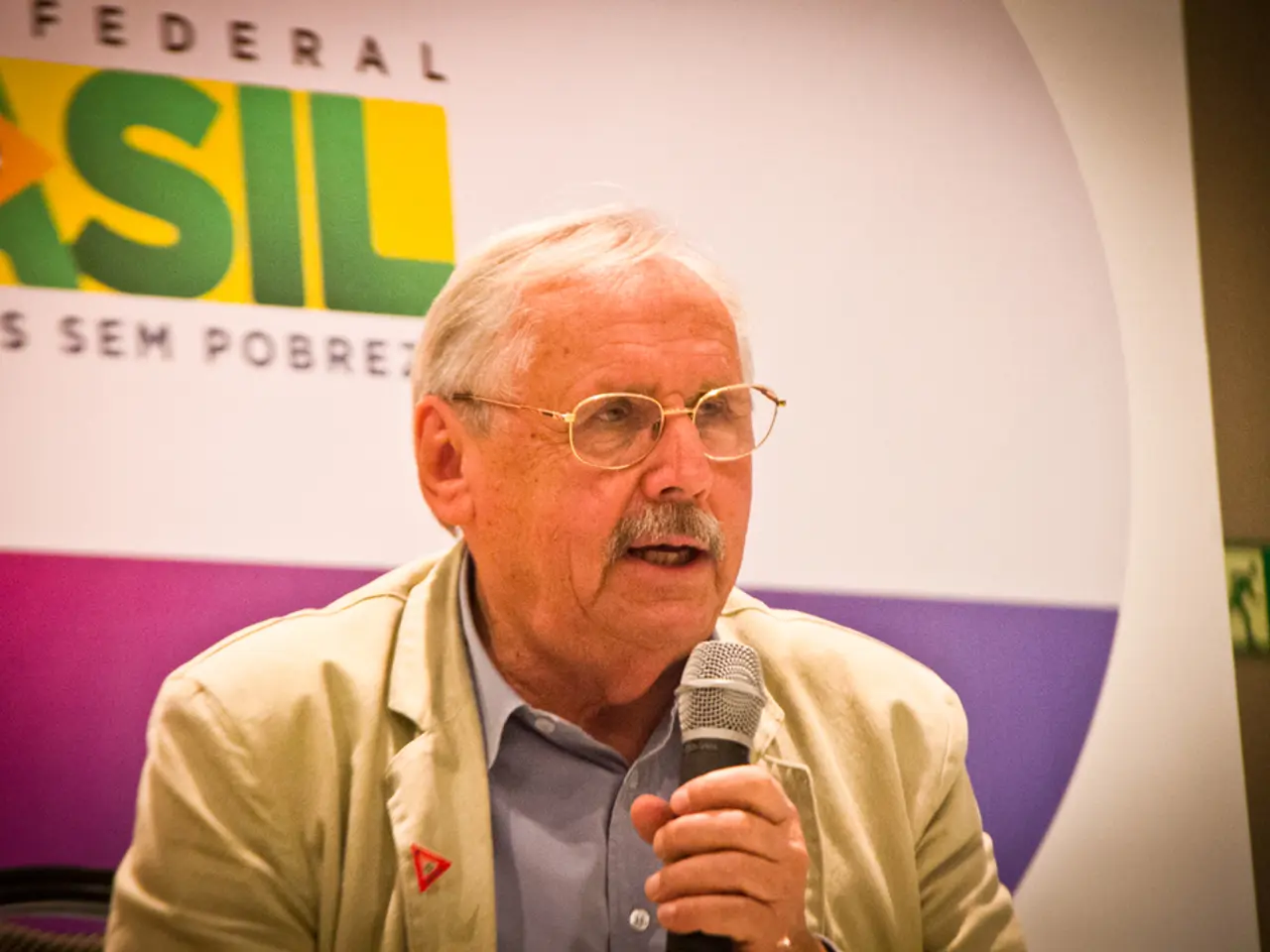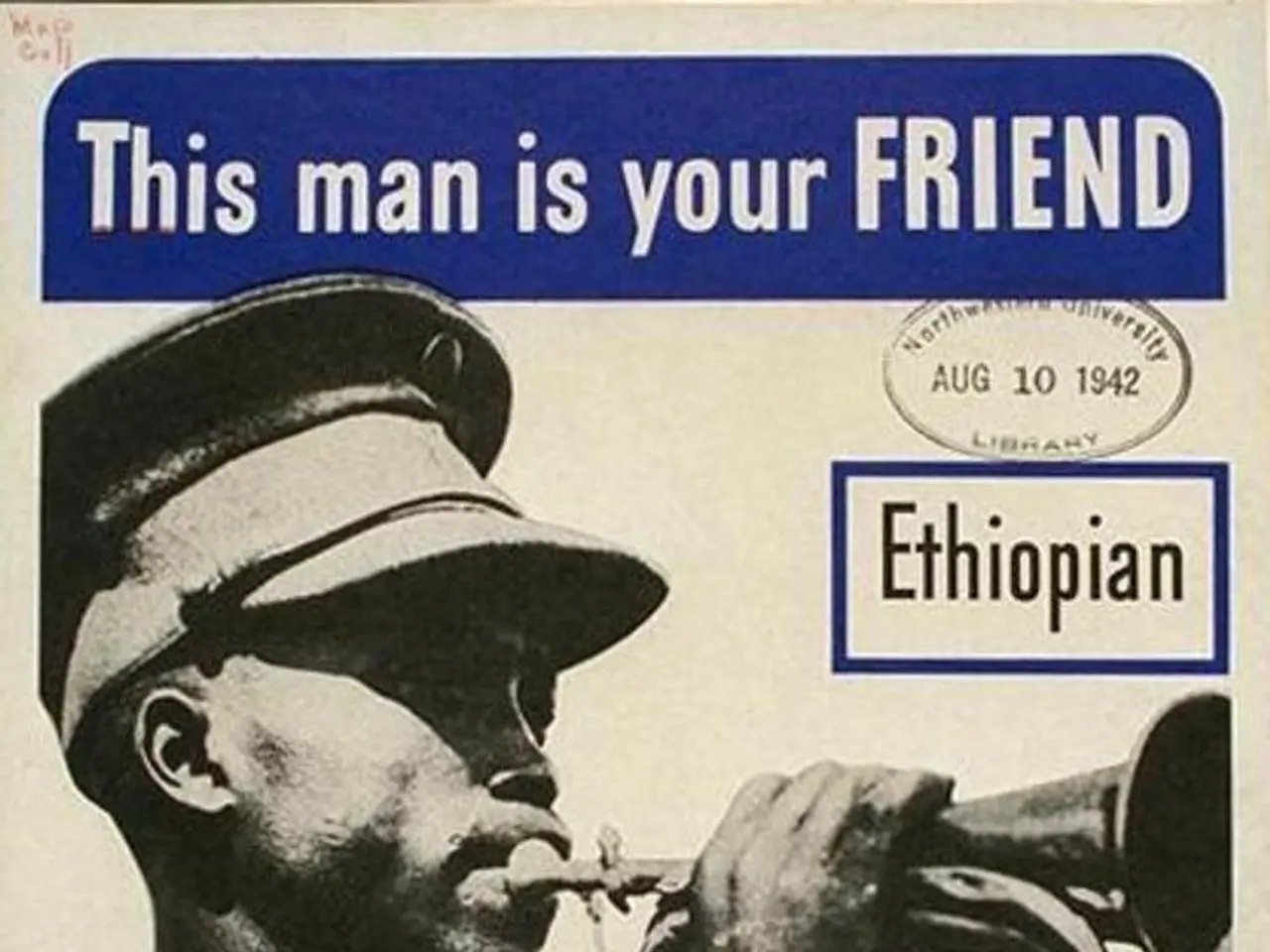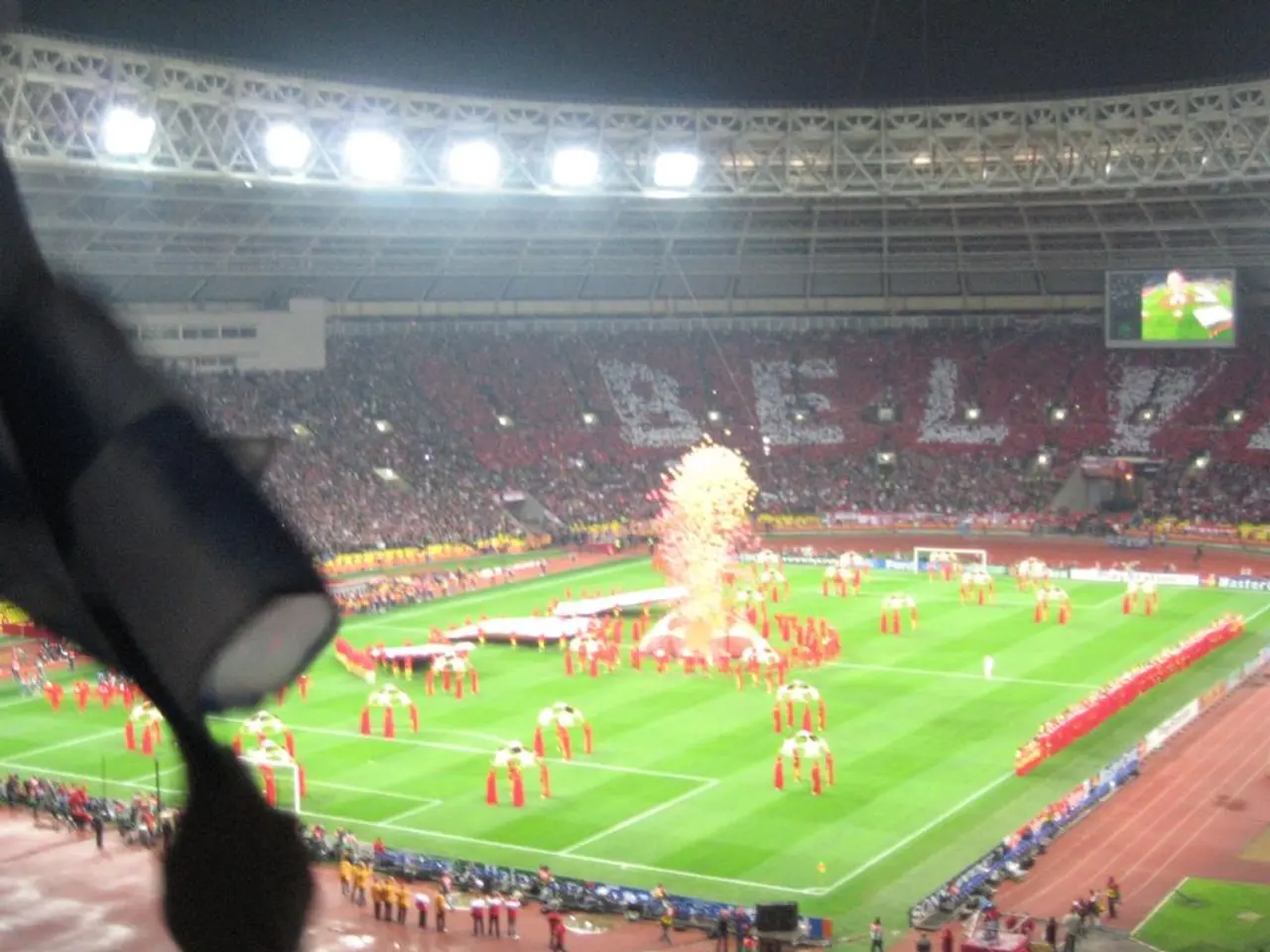Belarusian Intellectual Sergei Sheleg Reflects on Post-2020 Society
Shift in Belarusian society since 2020
In the aftermath of the 2020 presidential election in Belarus, a significant shift has taken place within the nation's society, as noted by Belarusian intellectual and writer, Sergei Sheleg.
Awakening and Mobilization
Sheleg highlights the election and the subsequent crackdown as a turning point for Belarus. A broad social awakening occurred, with large segments of the population participating in protests, demanding democratic reforms, and rejecting the long-standing authoritarian regime of Alexander Lukashenko. This unprecedented social mobilization indicated a deep shift in collective consciousness and civic engagement.
Generational Shift and Identity
Sheleg emphasizes the role of younger generations, who are more connected globally and less willing to accept the old regime's narratives. This cohort drives a re-examination of national identity and Belarus’s place in the world, leading to a more active assertion of Belarusian language, culture, and political sovereignty distinct from Soviet or Russian influences.
Challenges and Repression
Despite hopeful signs, Sheleg recognizes the harsh repression faced by protesters and dissenters, creating a climate of fear and uncertainty. He stresses the resilience of civil society but remains realistic about the difficulties in achieving immediate political transformation.
Global Historical Context
Sheleg situates Belarusian developments within a broader global pattern observed in the early 21st century: longstanding authoritarian regimes facing renewed popular challenges, often sparked by crises or elections perceived as illegitimate. The Belarusian case parallels movements in other post-Soviet states and beyond, reflecting tensions between old power structures and emergent democratic aspirations.
Post-Cold War Dynamics and Identity Struggles
He places Belarus’s situation in the post-Cold War context, where formerly Soviet republics negotiate new political, cultural, and economic identities. This process is often fraught with conflict over narratives, histories, and geopolitical orientations.
Globalization and Information Flows
Sheleg points out that global information networks have changed how societies mobilize and share ideas. In Belarus, as elsewhere, digital communication played a crucial role in protest coordination and international awareness, exemplifying the globalized dimension of local struggles.
In addition to his reflections on Belarusian society, Sheleg's life story is remarkable. A former political prisoner and employee of major international pharmaceutical companies, Sheleg expresses amazement at the solidarity shown towards his family by many people. He also believes that the truth lies somewhere in the middle and compares Volodarka to a hotel in Ethiopia, helping him accept reality.
Upon returning from Lithuania, Sheleg was arrested for his donations, which were retroactively labeled as extremist and terrorist by organizations he supported. This experience, along with his observations of the 2020 events, has shaped his perspective on Belarusian society and its future.
Sheleg's insights emphasize both hope and caution as Belarusian society navigates its future, reflecting a complex and nuanced understanding of the challenges and opportunities facing the nation in the post-2020 era.
- In the post-2020 society, as reflected by Belarusian intellectual Sergei Sheleg, politics, general news, and war-and-conflicts become intertwined as large segments of the population mobilize against authoritarian rule, causing a shift in collective consciousness that parallels movements in other post-Soviet states and beyond.
- In the context of globalization, crime-and-justice issues emerge in Belarus as protesters and dissenters face harsh repression, leading to debates about democratic reforms and the role of civic engagement in shaping the nation's future.








